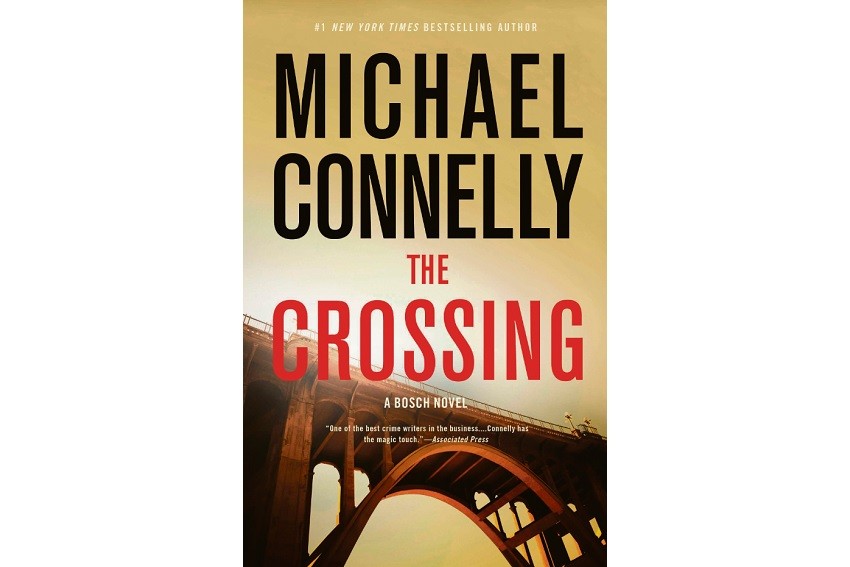Review: The Crossing

Odd things happen in the career of Hieronymus (‘Harry’) Bosch. Harry is that immensely popular Los Angeles homicide detective who first appeared in The Black Echo in 1992. Now 20–odd novels later in The Crossing comes the oddest twist of the lot.